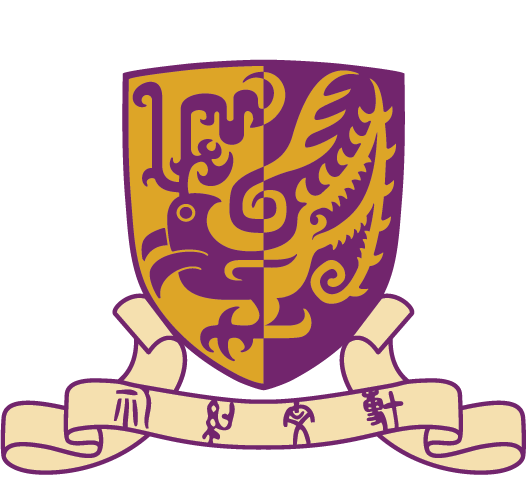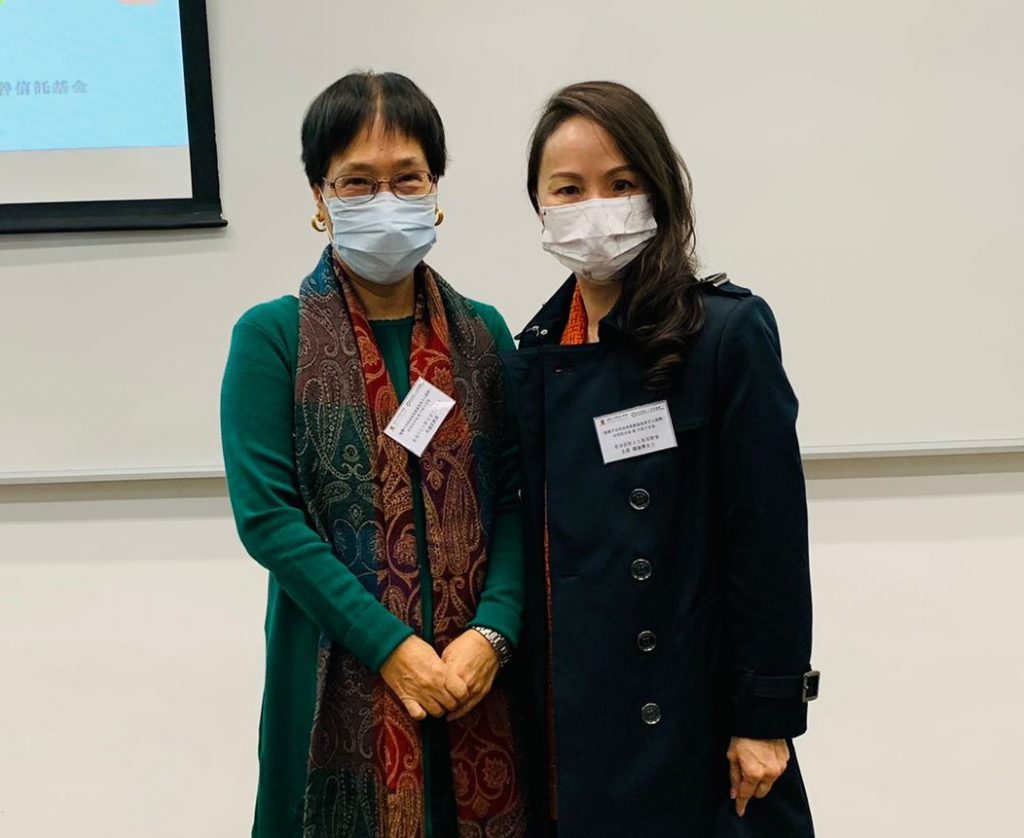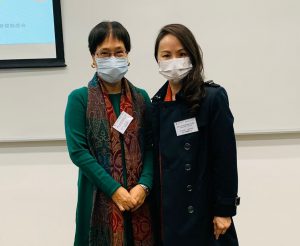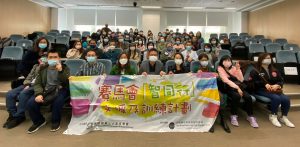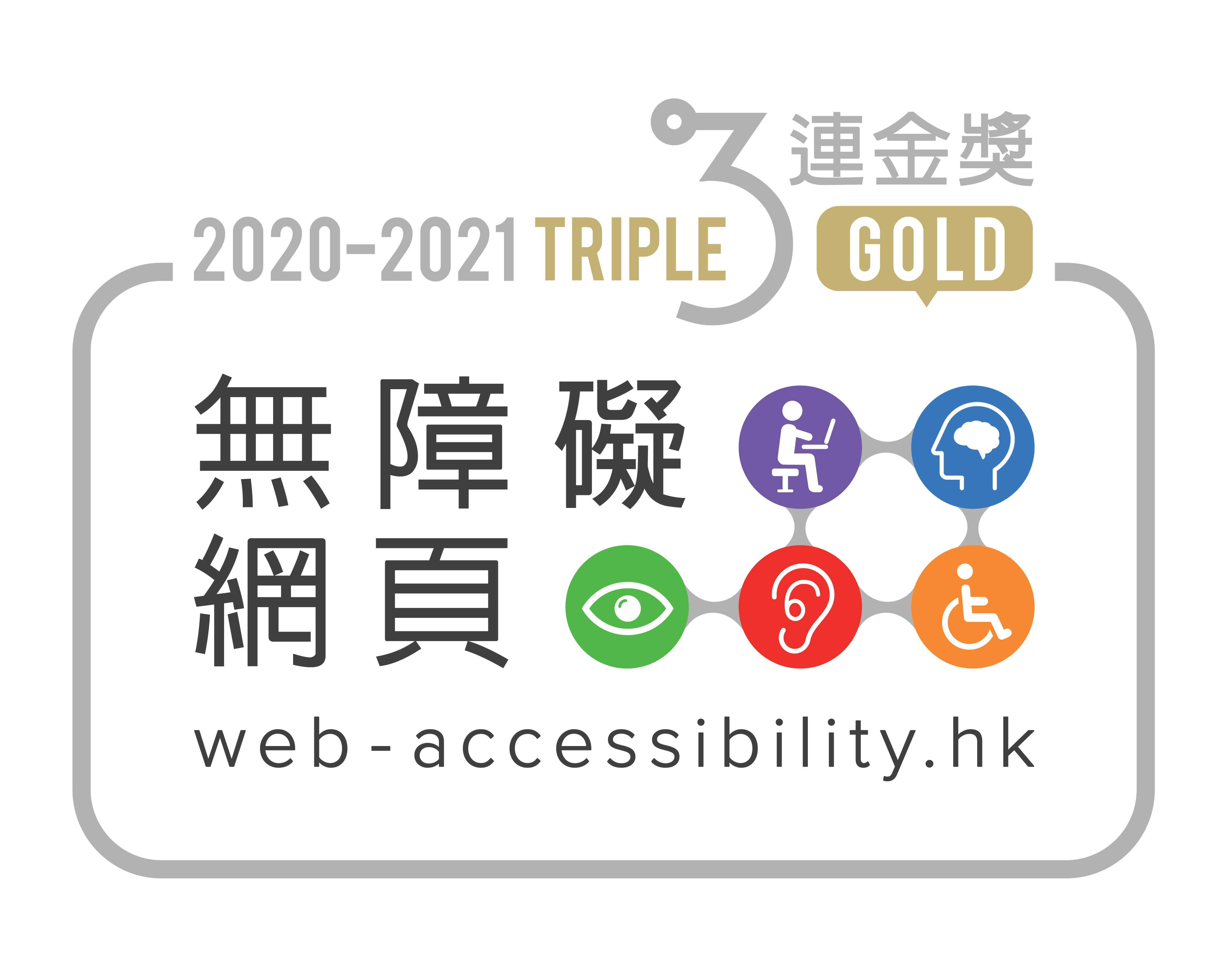CUHK
News Centre
CUHK Department of Social Work and The Hong Kong Joint Council of Parents of the Mentally Handicapped release research findings on the use of family-based interventions for families of adolescents with intellectual disabilities
The Family and Group Practice Research Centre of the Department of Social Work, The Chinese University of Hong Kong (CUHK) and the Hong Kong Joint Council of Parents of the Mentally Handicapped (HKJCPMH) released the latest research findings on “The Use of Family-based Intervention for Chinese Families of Adolescents with Intellectual Disabilities” today (4 December). Parental care is currently the norm for most people with intellectual disabilities. As they grow up, parent careers become fatigued in taking care of adult children with intellectual disabilities, especially in the absence of community support and home care services. This research examined the appropriateness of family-centred interventions, which include multiple family therapy and family therapy, and developed treatment principles to assist families of adolescent children with mild to moderate intellectual disabilities. These included reducing parenting stress, enhancing parental efficacy, improving the parent-child relationship and building up a mutual support network among families.
The research findings showed that Multiple Family Therapy (MFT) intervention, a therapeutic method that brings together several families affected by the same pathology, showed positive effects by improving intra- and inter- family relationships, generating new perspectives for parents towards their adolescent children with mild to moderate intellectual disabilities, and sparking creativity among families. Additionally, adolescents with intellectual disabilities developed friendships as well as with parents of other participating families.
Professor Joyce Ma Lai-chong from the Department of Social Work, CUHK, indicated that MFT facilitates changes in families through creating the experience of communality, offering different perspectives, affording opportunities to learn from each other’s strengths, which generates a variety of possibilities and mobilizes multiple resources within a group context. MFT emphasizes the active participation of the families in the group process, which is characterized as safe, supportive, empowering, and capable of cultivating mutual support, mutual understanding, and experiential learning. It reduces stigma and expands social network support across participating families.
Due to COVID-19, the research team developed and explored the applicability of an online model of family-centred intervention service for these families.
In view of the positive feedback from the service users, the research team recommended that social workers involved in rehabilitation services should consider developing family-centred interventions (including family therapy and multiple family therapy) in helping Chinese families of adolescents with mild to moderate intellectual disabilities. Virtual care for families should also be promoted as an alternative service modality to meet the diverse needs of families, which was critical during the COVID-19 pandemic when conventional services were interrupted or suspended due to government mandated public health restrictions.
The research was sponsored by the Project of Support and Training Project for the Persons with Intellectual Disabilities (PIDs) and their Families funded by The Hong Kong Jockey Club Charities Trust.
